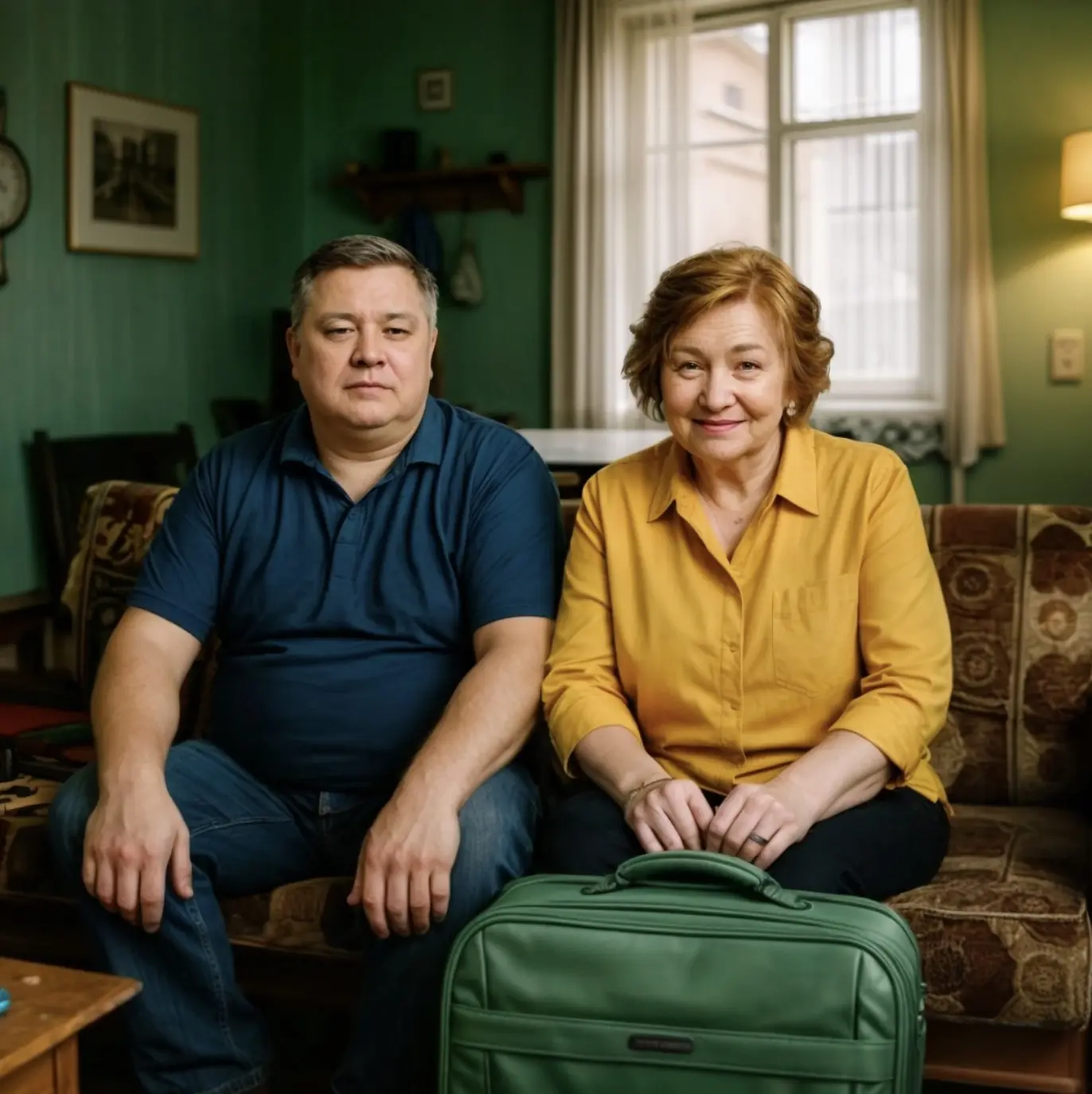
Is the Green Ring on Your Egg Dangerous? Experts Reveal the Truth
If you are one of those people who prefer their eggs hard-boiled, you have certainly noticed that green color ring around the yolk.
When you board a plane and are greeted by a flight attendant with a warm “hello,” it might seem like just a simple act of politeness. But according to several seasoned flight attendants, that greeting serves a far more strategic purpose than you might expect. Behind the smile lies a quick, subtle assessment of whether you’re fit to fly—and how you respond can actually influence your flight experience.
More Than Just Manners
While it’s easy to assume that flight attendants greet passengers as a customer service courtesy, the truth goes much deeper. A TikTok video by Wizz Air flight attendant Iona Iachim recently shed light on the real reason behind that cheerful welcome.
According to Iachim, “The welcome as you get onto the plane isn’t just about being polite—it’s also to check whether or not you are too drunk or sick to fly.”
This subtle screening process is something cabin crew are trained to do instinctively, all while maintaining their professional demeanor. They’re watching for signs of intoxication, illness, or any physical or behavioral condition that could become problematic once the plane is in the air.
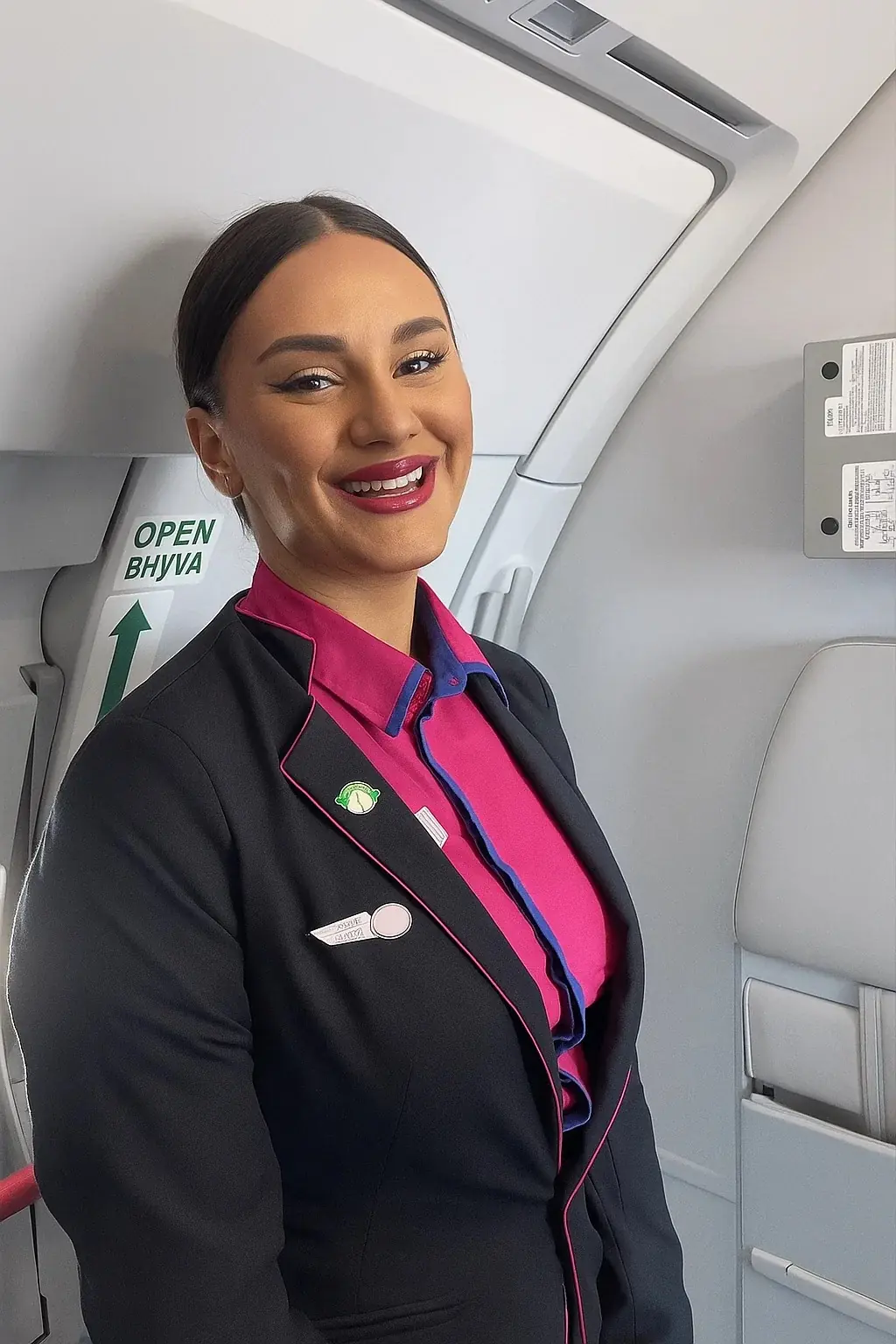
Spotting More Than You Think
Another flight attendant, Rania—also with Wizz Air—supported this claim in a separate TikTok clip. Over footage of herself making an in-flight announcement, she included a caption that read: “Did you know that your flight attendant greets you not only out of politeness?” A few moments later, she answered the question: “It’s to check whether you are too drunk or sick to fly.”
This approach is based on real safety concerns. If a passenger boards the plane heavily intoxicated, showing signs of illness, or otherwise impaired, they may be deemed unfit to fly. Excessive alcohol, in particular, is a red flag. As one might expect, airport bars are a common pit stop for nervous or excited travelers—but going overboard could have you removed from the flight before takeoff.
Humor Meets Reality on Social Media
These revelations sparked a wave of reactions online. Many social media users, who had previously interpreted the friendly “hello” as a flirtatious sign or harmless nicety, were genuinely surprised to learn the truth.
“I always thought it was my devastatingly good looks and awesome personality. Now I’m heartbroken,” joked one TikTok commenter.
Another chimed in with a confession: “I came home from Vegas drunk with my cousins and I was so shocked they even allowed us on the plane.”
But the truth is, flight attendants are less concerned with charm and far more focused on identifying passengers who may require extra attention—or who could pose a safety risk.
Identifying Able-Bodied Passengers (ABPs)
In addition to screening for unwell or intoxicated passengers, flight attendants are trained to spot “Able-Bodied Passengers,” also known as ABPs. These individuals may be called upon in the unlikely event of an emergency evacuation.
The criteria for ABPs include physical fitness, situational awareness, and the ability to remain calm under pressure. During boarding, crew members quickly scan the cabin and mentally note who might be capable of assisting if necessary.
Iona Iachim explained that identifying ABPs is part of their training: they look for passengers who are “alert, sober, and capable of understanding instructions during an emergency.”
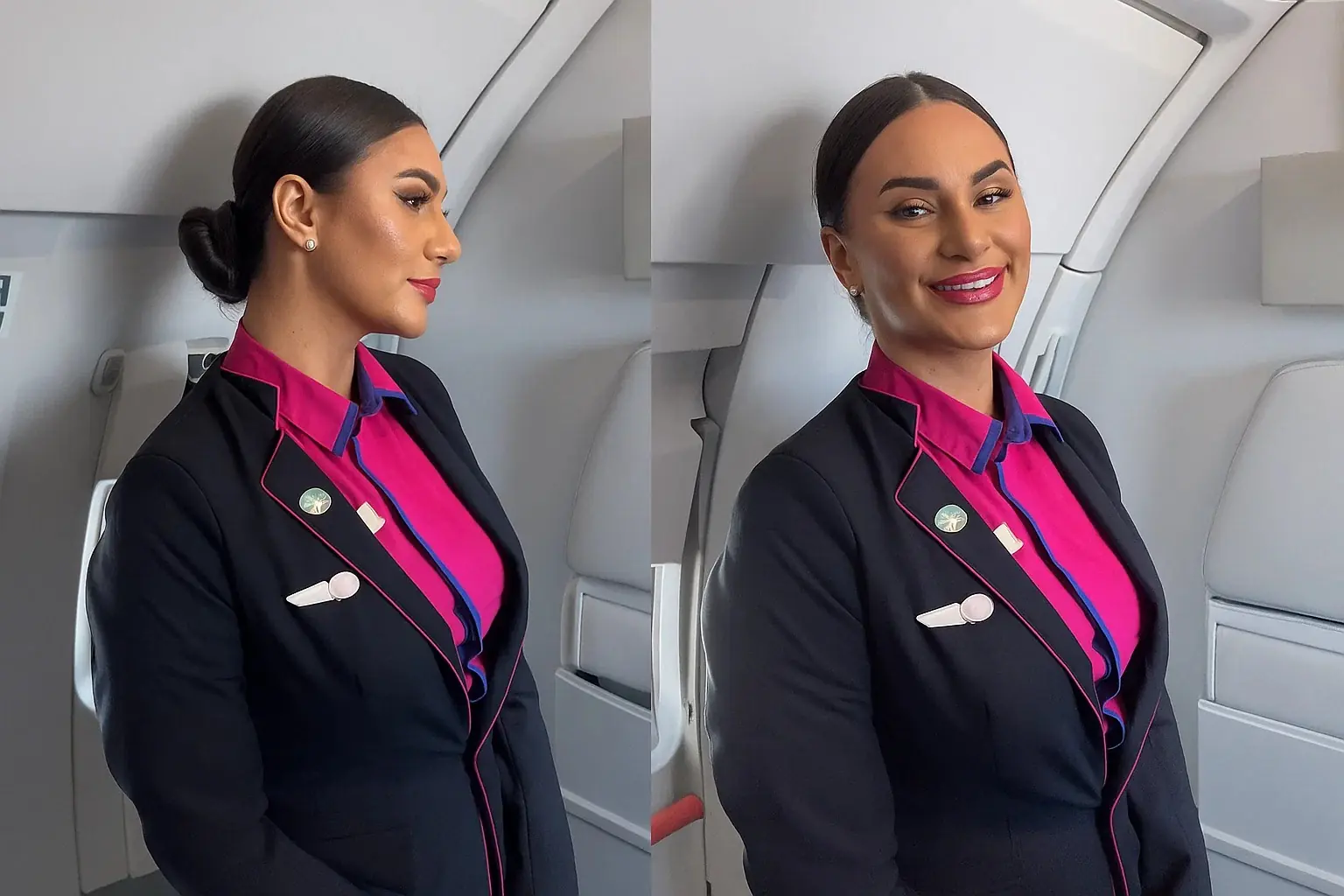
The Exit Row Matters Too
This is also why certain passengers—such as young children, elderly individuals, or those with physical or cognitive limitations—are generally not assigned seats in the emergency exit row. The individuals seated here need to be able to open heavy exit doors and assist in evacuating the plane quickly and safely.
In other words, who sits where on a plane isn't always random. If you’re seated near an exit, it's because a flight attendant assessed that you might be able to assist in a critical moment.
How This Affects You as a Passenger
So what should you take away from this?
If you're someone who travels often—or even occasionally—it's helpful to know that those first few seconds of boarding set the tone for how crew members perceive your ability to handle the flight. While most people won’t raise any red flags, those who appear visibly intoxicated, disoriented, or even overly anxious could draw the attention of flight staff.
Responding clearly and confidently when greeted, maintaining eye contact, and appearing composed may actually put you in the good graces of the cabin crew. In some cases, this can lead to small perks, such as being considered for an upgrade or extra attention during the flight.
Beyond the Greeting: Constant Vigilance
Flight attendants don’t stop assessing passengers after that initial "hello." Throughout the flight, they’re continually evaluating the cabin environment. From scanning the aisles during safety demonstrations to watching for unusual behavior mid-flight, their job involves constant awareness of potential risks.
They’re also trained to handle everything from medical emergencies to unruly passengers. So, while that friendly face handing you a cup of coffee may seem laid-back, rest assured—they're closely observing everything happening around them.
A Job That Goes Beyond Service
The next time you board a plane and are welcomed with a smile, take a moment to appreciate just how much responsibility lies behind that greeting. While their job includes providing snacks and drinks, ensuring your comfort, and helping you stow your bags, flight attendants are also the first line of defense when it comes to in-flight safety.
Their ability to quickly assess passengers is crucial for keeping everyone safe—and that brief "hello" is one of the many ways they do it.
In conclusion, that small greeting isn’t so small after all. It’s a key part of a broader system designed to ensure your safety and the smooth operation of your flight. So next time, don’t just nod and walk by—offer a confident “hello” back. It might just make your journey smoother—and earn you a few points with the crew.

If you are one of those people who prefer their eggs hard-boiled, you have certainly noticed that green color ring around the yolk.


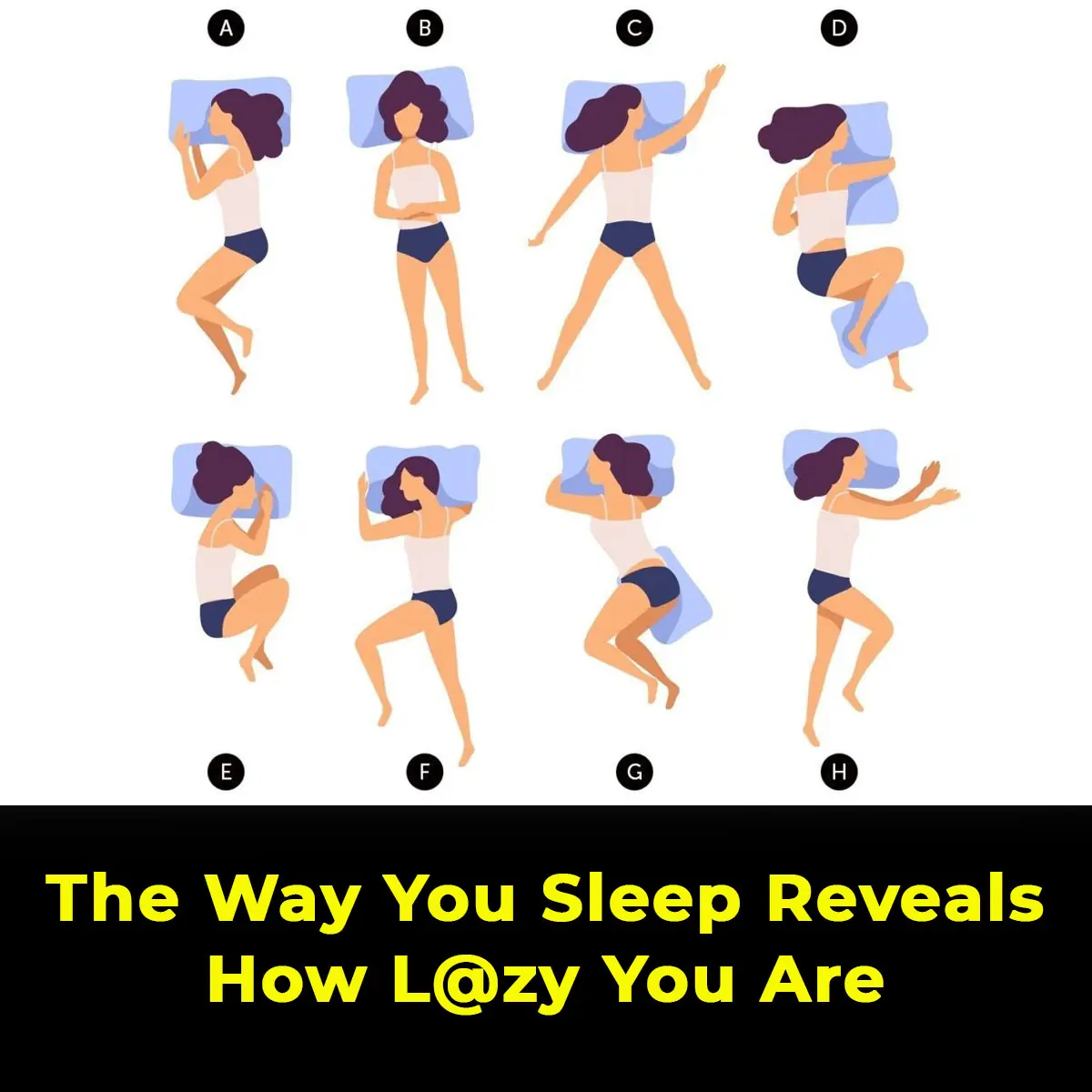

Unlike traditional sodas loaded with added sugar and artificial ingredients, Milaf Cola delivers a refreshingly sweet experience using only the natural sugars found in dates.


It reminds us that the story of Jesus wasn’t just passed down through scripture - it also traveled through languages, translations, and centuries of human culture.

Discovering a precise, side‑effect‑free neural switch for anxiety is a major scientific breakthrough.
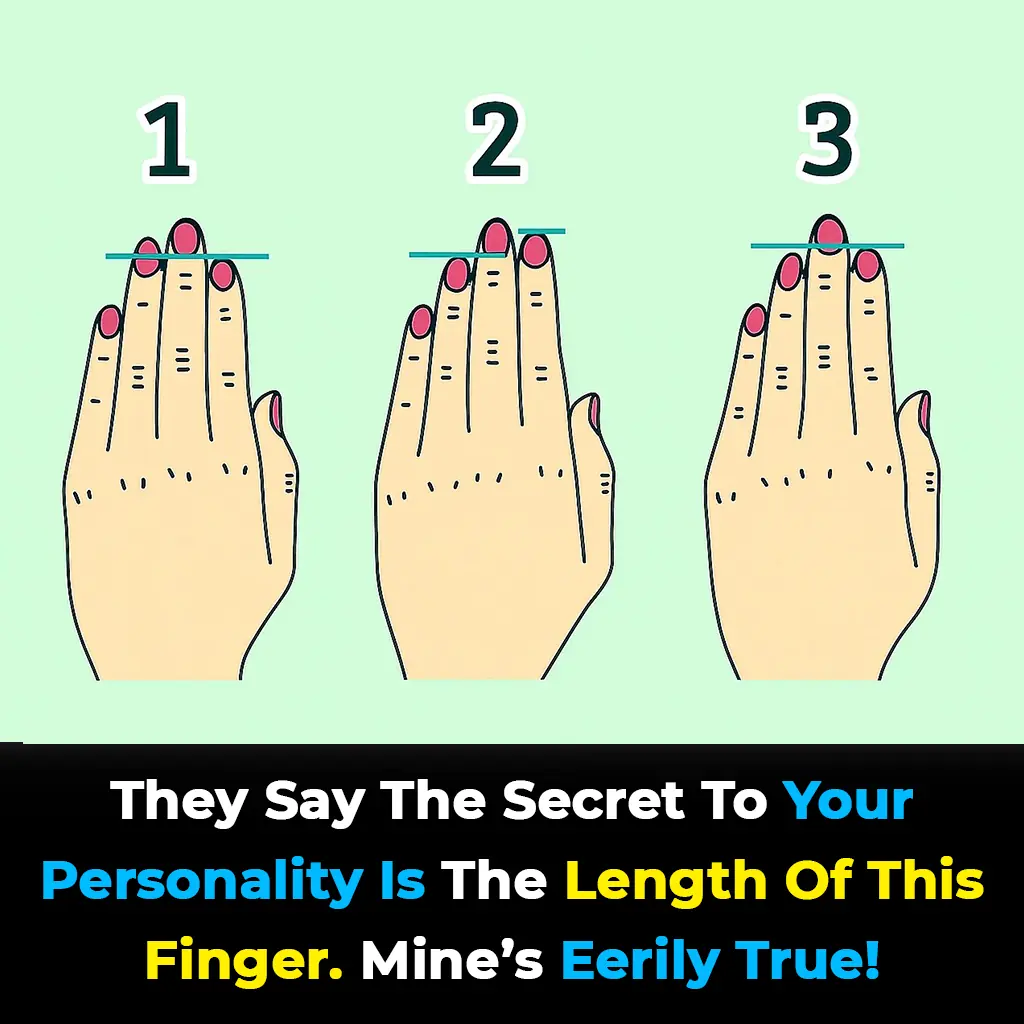
Some believe your finger length can reveal key aspects of your personality through a theory called the digit ratio. Though not scientifically proven, it links finger proportions to traits like confidence, empathy, and risk-taking.

According to the Arizona State University researchers, in Alzheimer’s disease, this natural cycle of stress granule formation and dissolution goes off track.
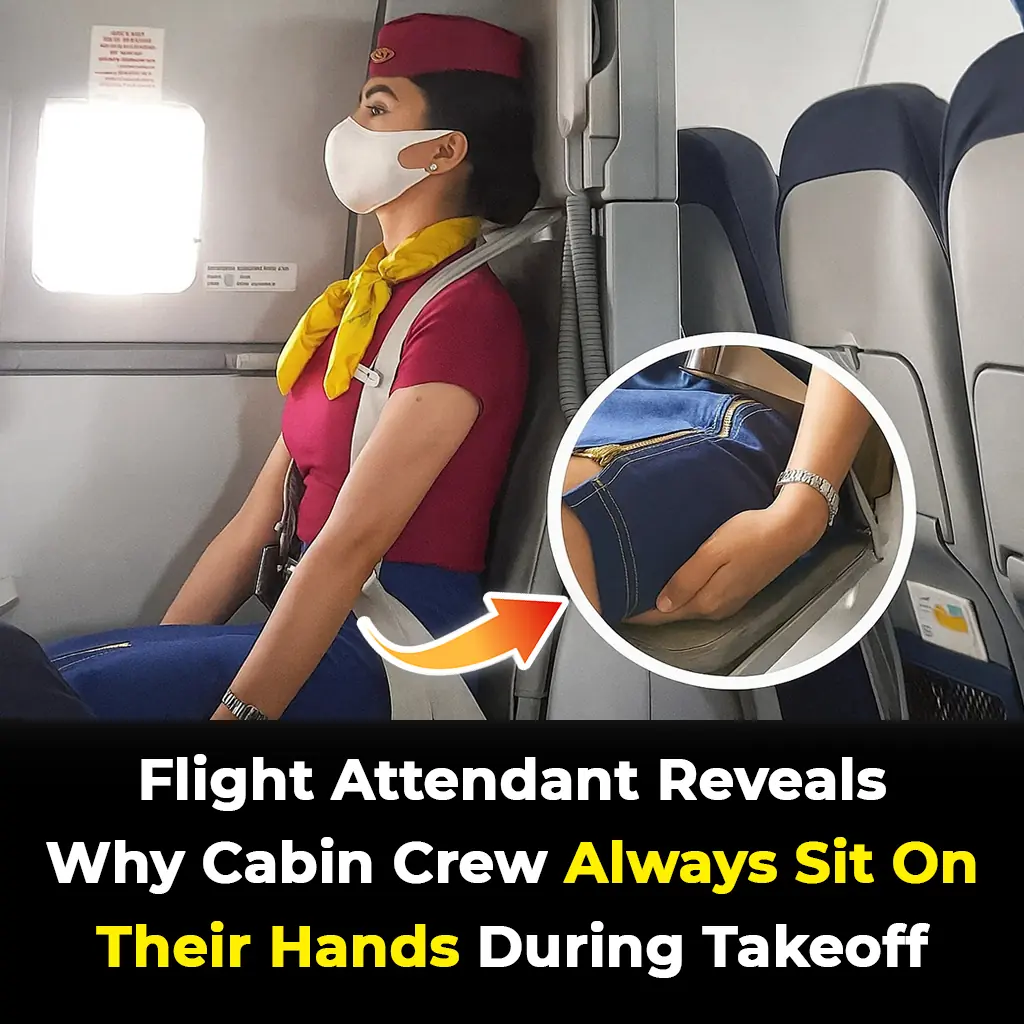
If you see a flight attendant seated with their hands tucked underneath them during landing, remember—it’s not just a quirky habit.


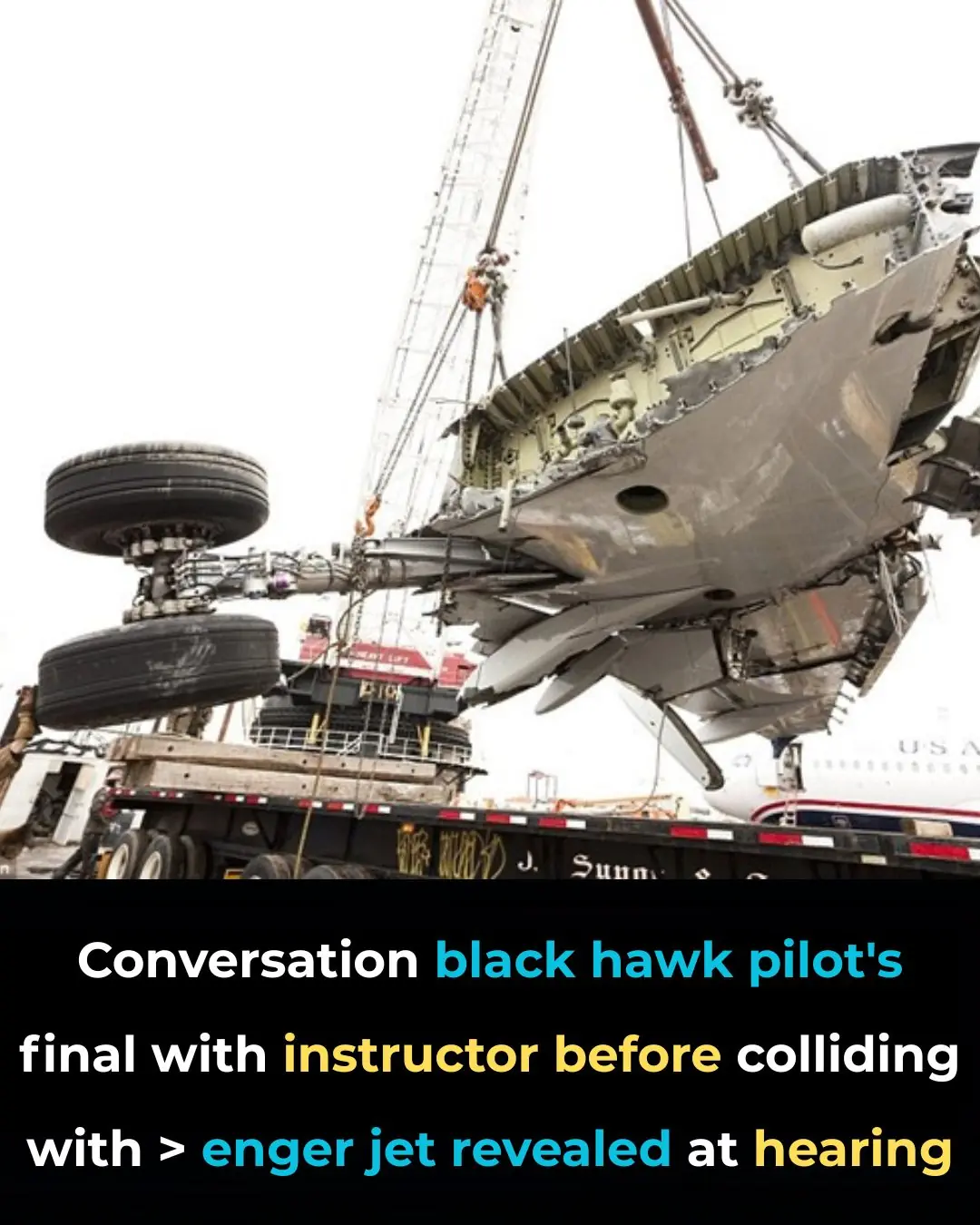
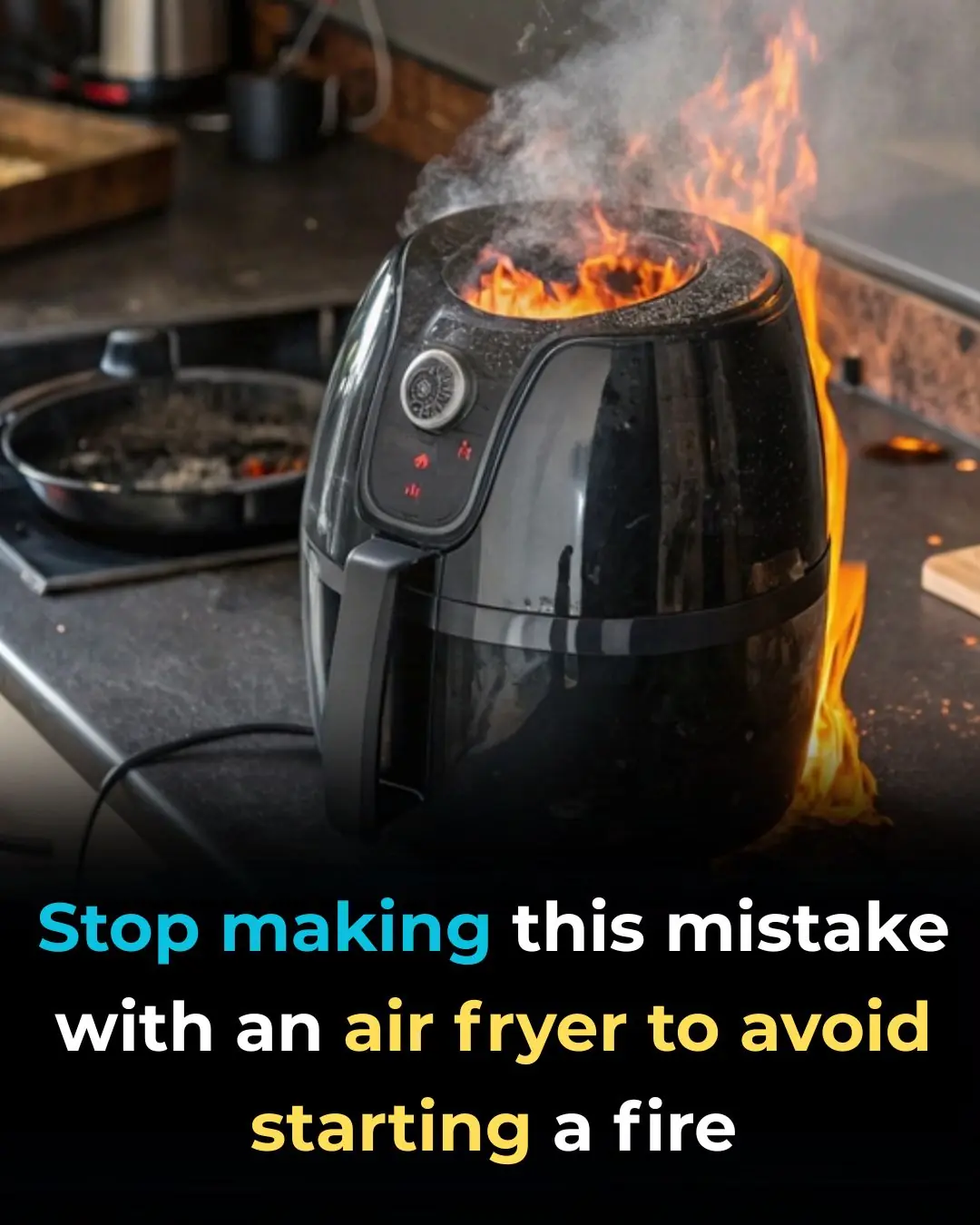




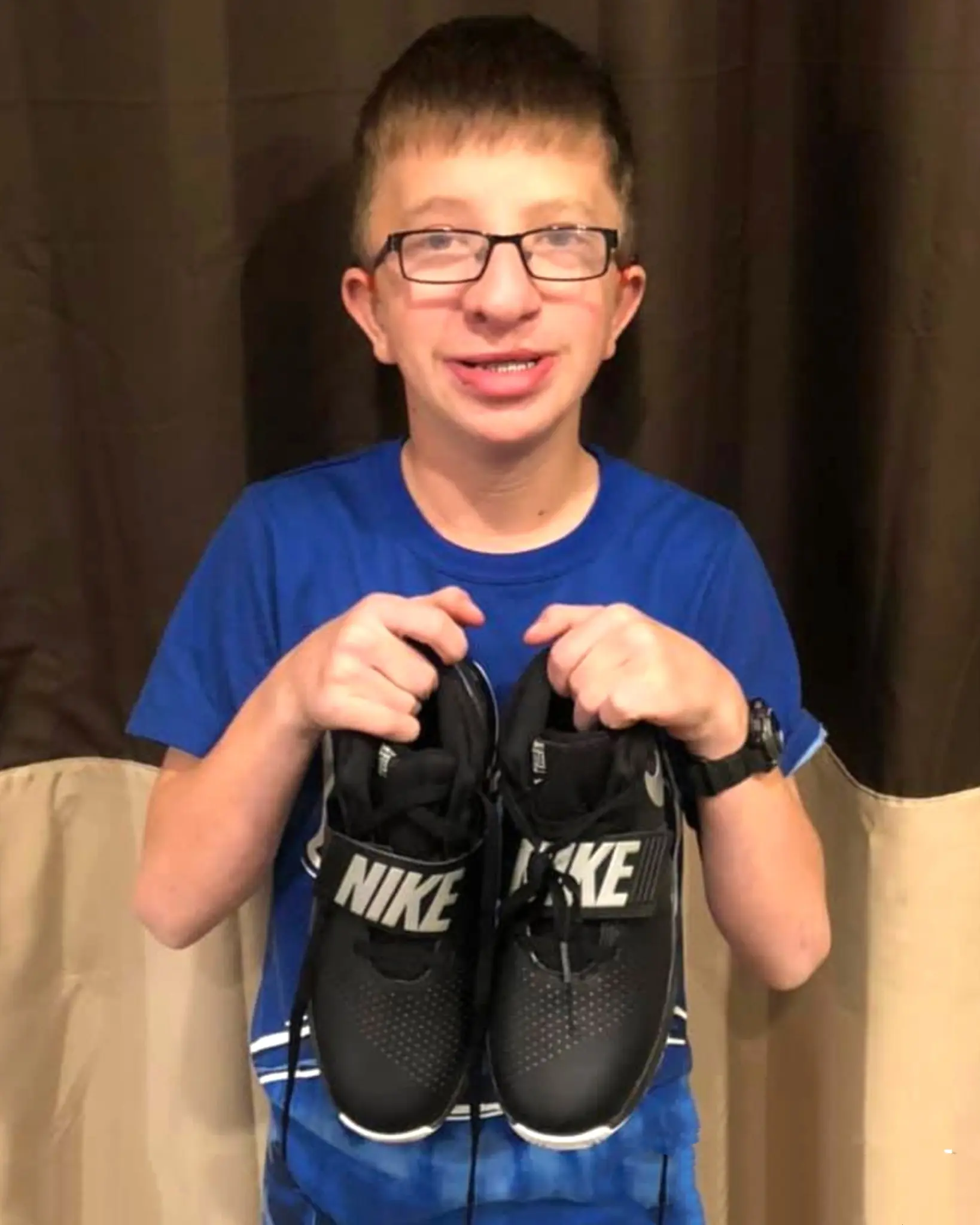
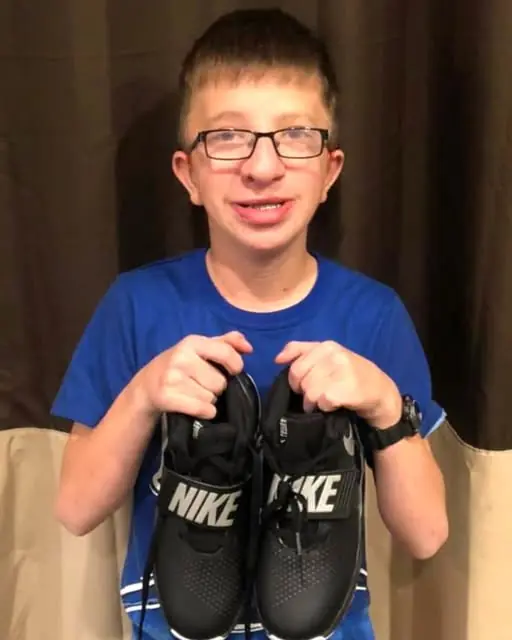

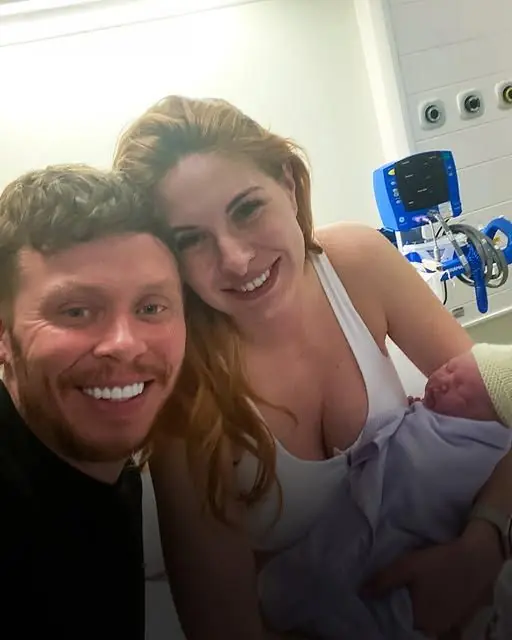

If you are one of those people who prefer their eggs hard-boiled, you have certainly noticed that green color ring around the yolk.






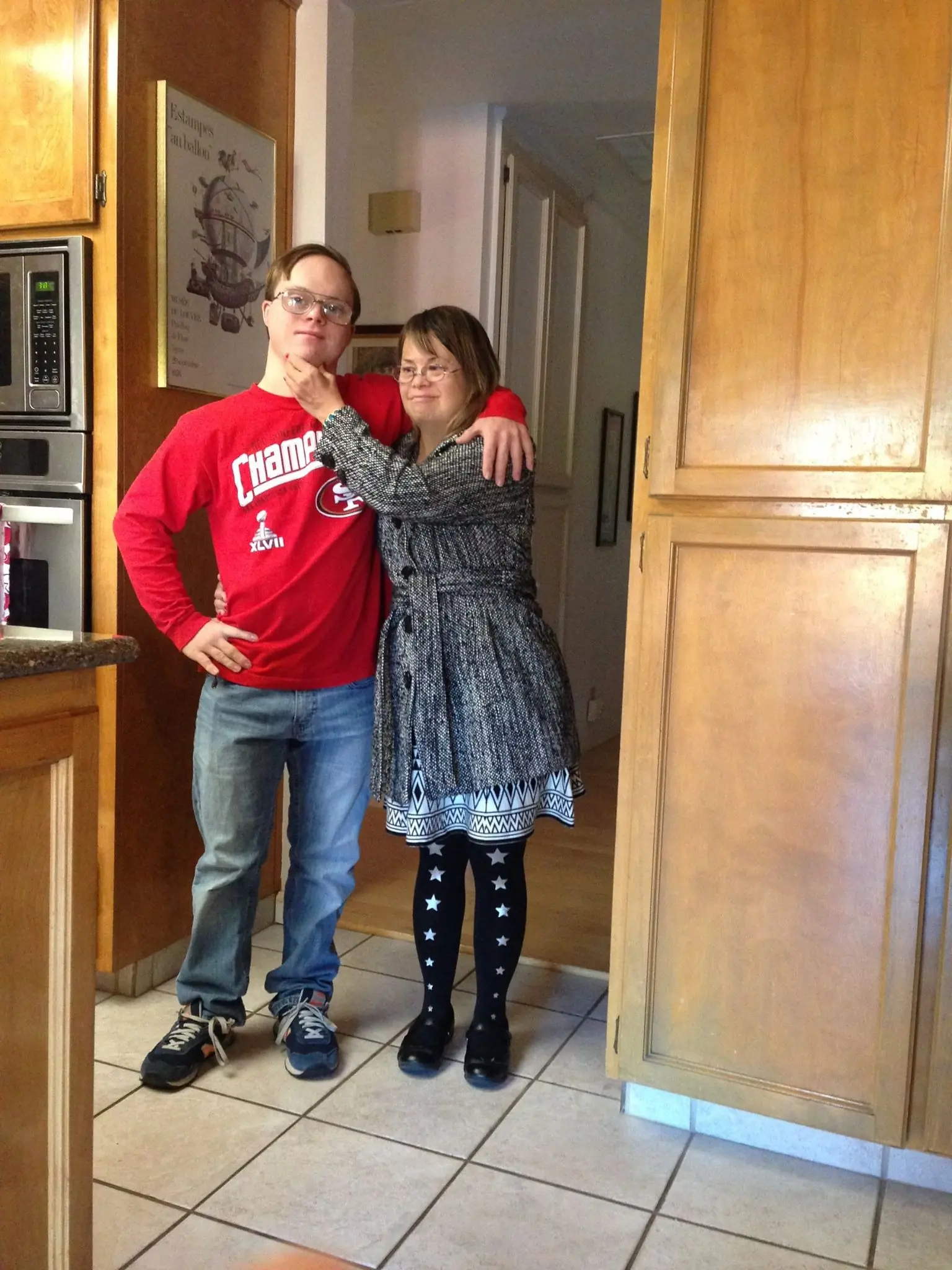



Unlike traditional sodas loaded with added sugar and artificial ingredients, Milaf Cola delivers a refreshingly sweet experience using only the natural sugars found in dates.
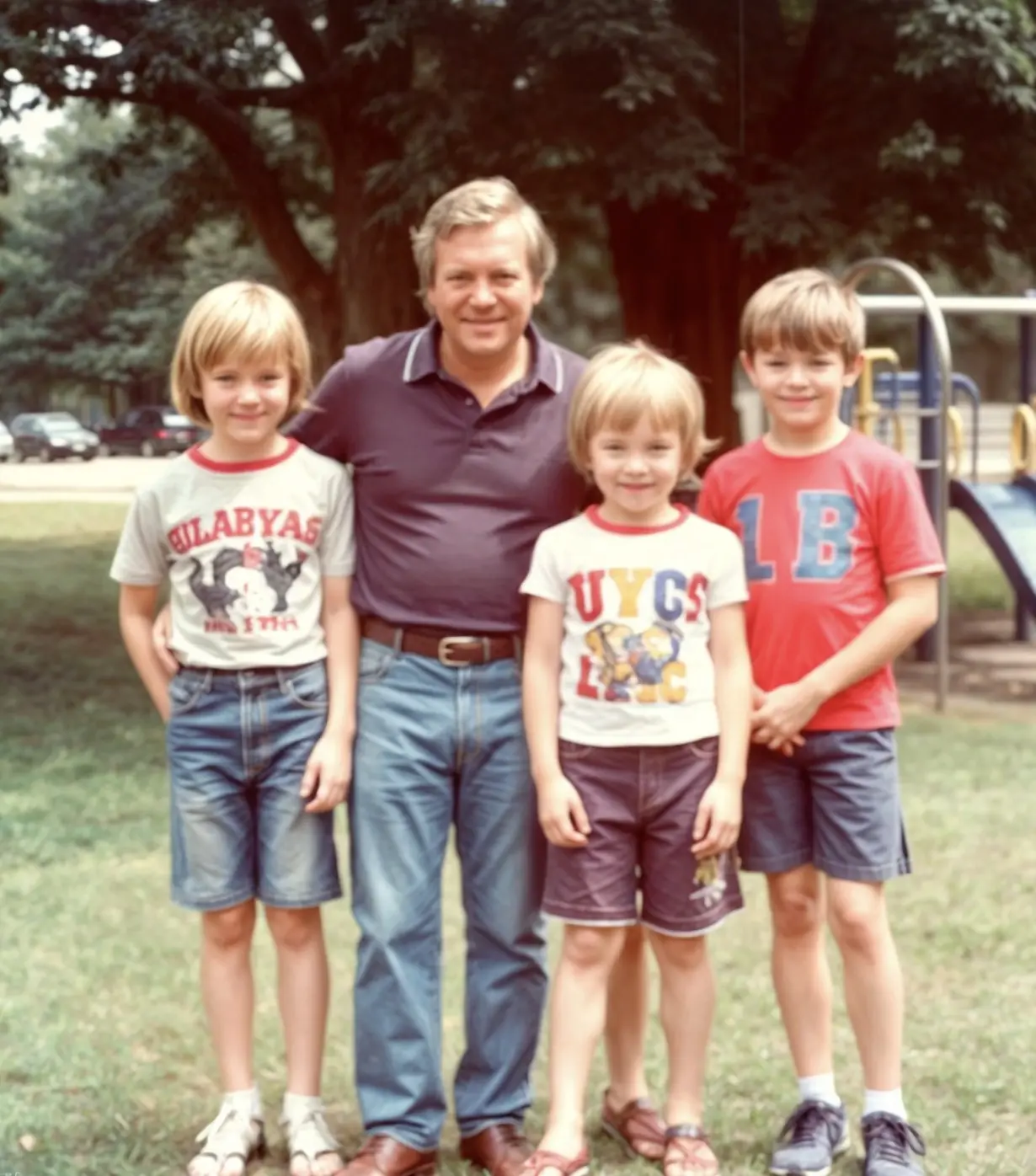

The embryo the Pierces adopted was originally created through in vitro fertilization (IVF) back in 1994, making it older than many of today’s prospective parents themselves, according to MIT Technology Review.

